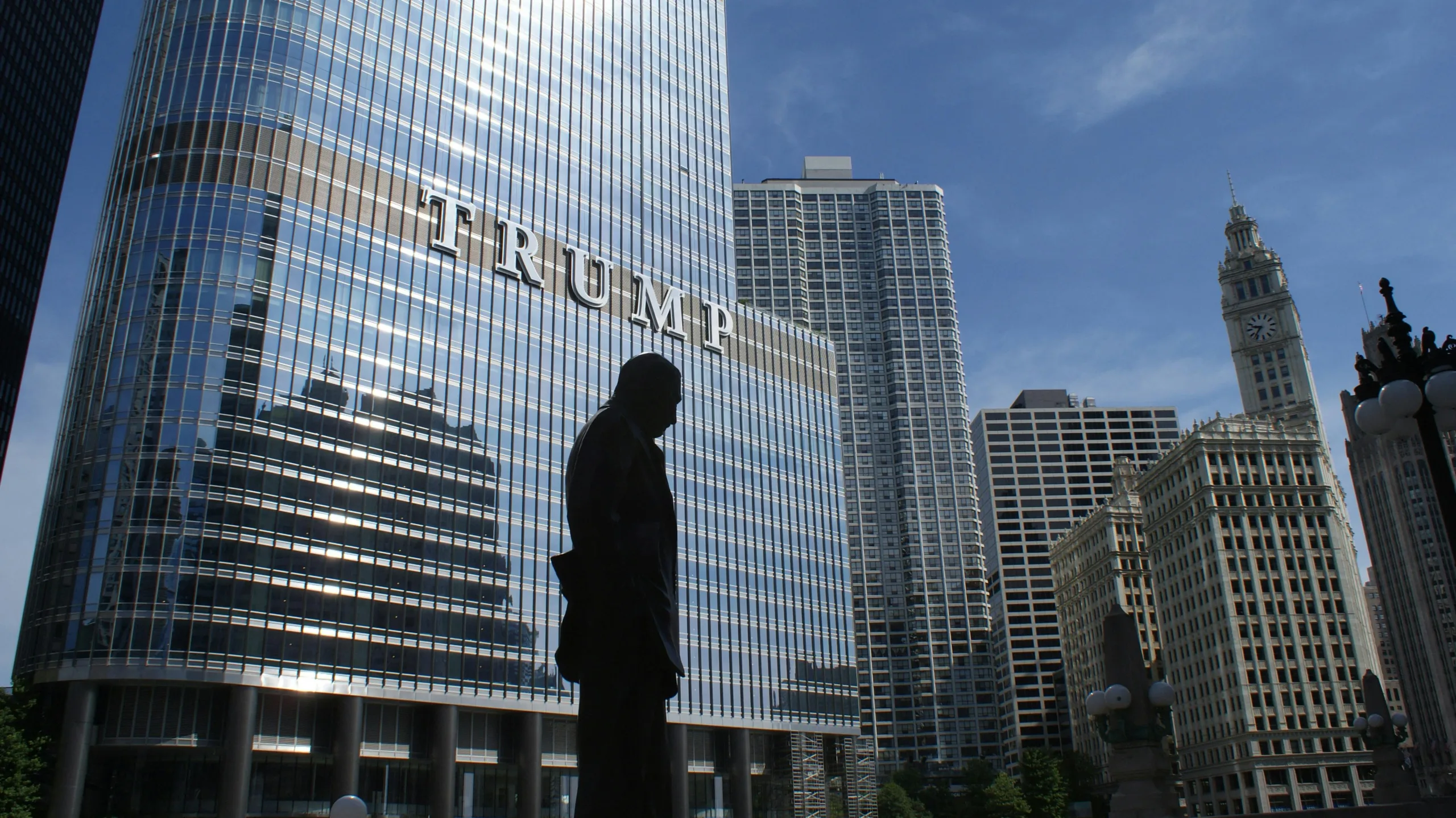Table of Contents
- Introduction
- Courtroom Drama
- Judge’s Verdict
- Trump’s Counterarguments
- The Proposed Judgment Order
- Finalizing the Judgment
- Potential Appellate Action
- What Lies Ahead
- Frequently Asked Questions (FAQ)
- Conclusion and Stay Updated
Introduction
In a recent courtroom development, former President Donald Trump faced a setback as a New York judge denied his request to delay a ruling compelling him to pay a staggering $355 million. The judgment also includes a ban on Trump’s business activities within the state for the next three years.
Courtroom Drama
Manhattan Supreme Court Justice Arthur Engoron, presiding over the civil fraud case, was unequivocal in his decision. He contended that Trump’s legal team failed to present a compelling reason to postpone the judgment, emphasizing, “You have failed to explain, much less justify, any basis for a stay.”
Judge’s Verdict
Justice Engoron, in a Thursday email filed as part of the case, expressed confidence that the Appellate Division would safeguard Trump’s appellate rights. This solidified the gravity of the judgment against the ex-president and the Trump Organization.
Trump’s Counterarguments
Trump’s attorney, Clifford Robert, launched a counterattack on Wednesday, alleging procedural errors by the New York Attorney General Letitia James’ office. Robert argued that the proposed judgment did not adhere to proper court procedures and contained inaccuracies. Additionally, he asserted that the defense should be granted an opportunity to submit a counter-judgment.
The Proposed Judgment Order
The Attorney General’s office, responsible for prosecuting the case, submitted a proposed judgment order based on Justice Engoron’s Friday ruling. However, Trump’s legal team claimed that the AG’s office overlooked crucial court procedures, setting the stage for a legal showdown.
Finalizing the Judgment
Despite Trump’s defense, Justice Engoron signed the judgment on Thursday. The court clerk is expected to follow suit, initiating a 30-day countdown for Trump and his co-defendants, including his sons Eric and Donald Trump Jr., to file an appeal.
Potential Appellate Action
As the judgment becomes finalized, all eyes turn toward the potential appellate action. The legal saga may take new turns, with Trump’s legal team likely gearing up for a vigorous defense in the coming weeks.
What Lies Ahead
The implications of this judgment extend beyond a mere financial setback for Trump. The prohibition from conducting business in New York for three years adds another layer of complexity to his post-presidential life. The decisions made in the coming weeks will undoubtedly shape the trajectory of Trump’s legal battles and public image.
Frequently Asked Questions (FAQ)
Q1: What is the basis of the $355 million judgment against Trump?
A1: The judgment stems from a civil fraud case, where Trump and the Trump Organization were found liable. The amount includes financial penalties and restrictions on future business activities.
Q2: Can Trump appeal the judgment?
A2: Yes, Trump and his co-defendants have 30 days to file an appeal after the court clerk signs off on the judgment.
Q3: How does the three-year ban on business activities in New York affect Trump?
A3: The ban restricts Trump from engaging in business within the state for the specified duration, presenting a significant challenge to his business endeavors.
Conclusion and Stay Updated
As the legal saga unfolds, the ramifications for Donald Trump are profound. Whether he will navigate these turbulent waters successfully or face further legal setbacks remains to be seen. To stay updated on this case and more, follow the FLAG PULSE channel on X, Telegram, and WhatsApp.
Kevin O’Leary Sounds Alarm on New York Investments: Fallout from Trump’s $355M Judgment
